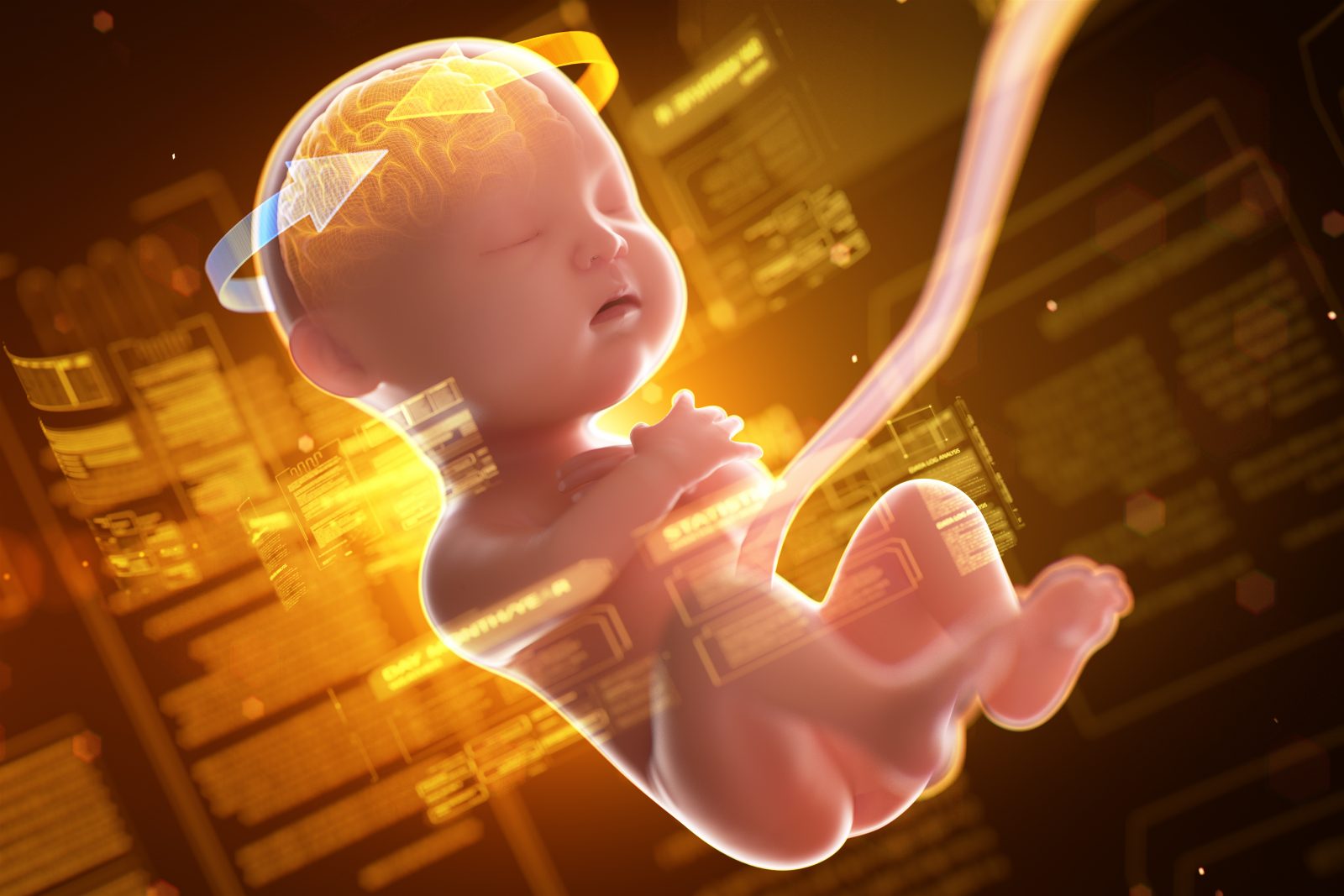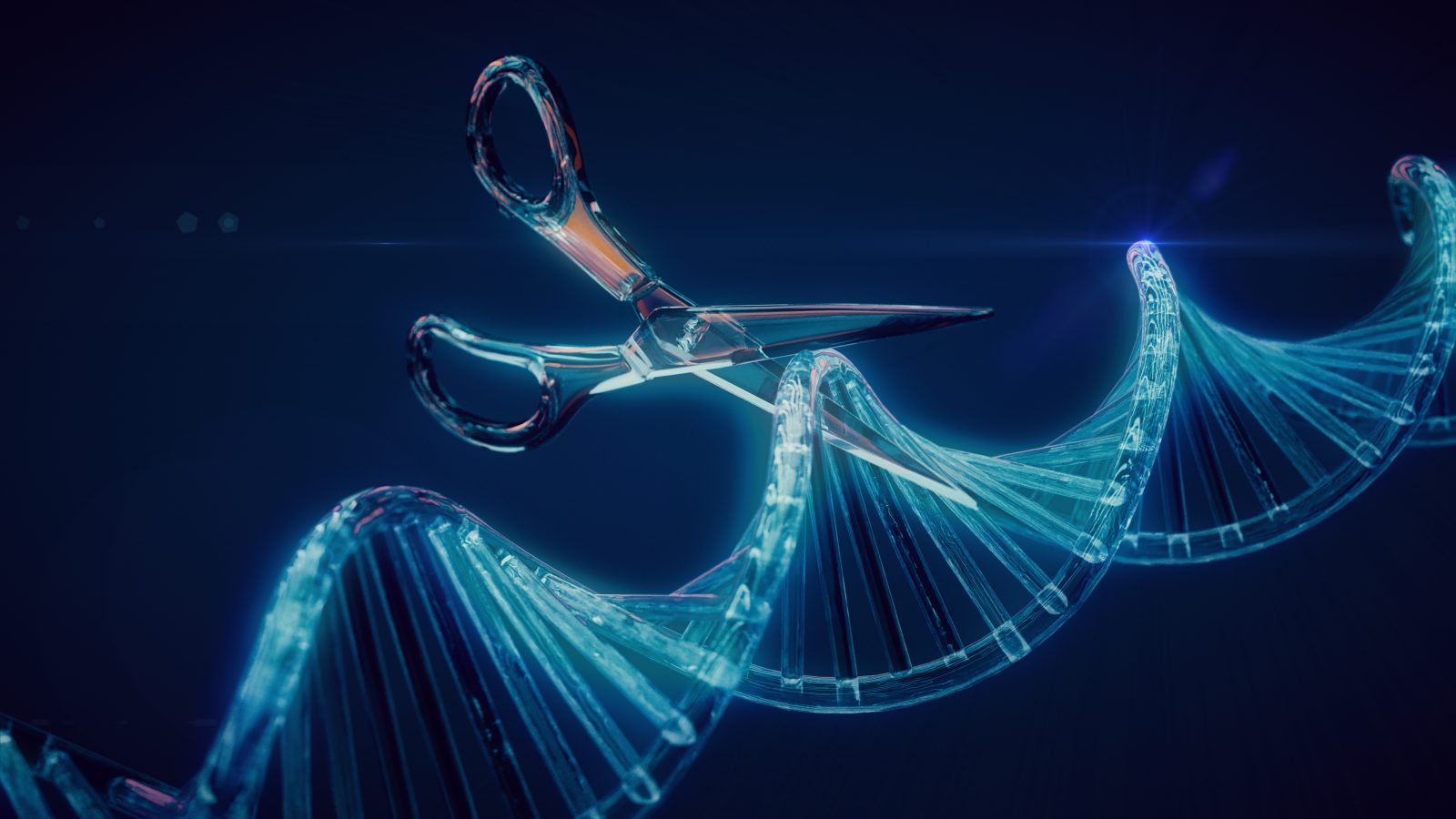
Wesley J. Smith Unpacks Nature Article about Alarming Gene Editing
On today’s ID the Future, bioethicist Wesley J. Smith explores a recent article in the journal Nature, “The Alarming Rise of Complex Genetic Testing in Human Embryo Selection.” As alarming as that title sounds, Smith says the reality is even worse than the Nature article suggests. Using the breakthrough technology known as CRISPR, scientists are not only altering the genes of a given creature, including humans, but are even altering the creature’s germline. This threatens to permanently alter a species, Smith explains, including the human species. There’s the question of whether we have the right play god in this way, of course. There’s also the practical issue of scientists not really knowing what they are doing yet. A gene identified as having a certain negative effect and therefore targeted for elimination, Smith says, could turn out to also have a positive effect that was only discovered after the gene was eliminated. This precise scenario may have occurred in a case in China involving human beings. Tune in to learn more, and check out Smith’s new podcast, Humanize.Show.


